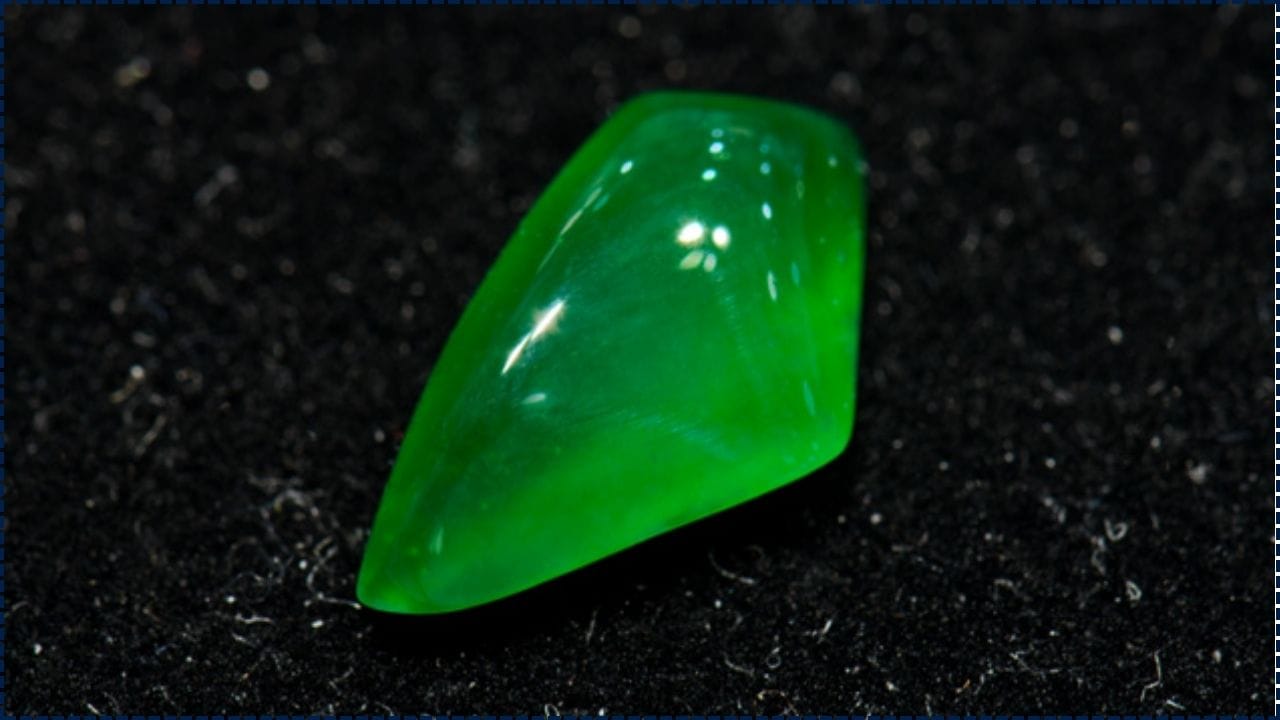Cannabis use linked to higher health risks: is once again dominating headlines, with a groundbreaking new study from the University of California, San Francisco (UCSF) drawing attention to the significant impact cannabis—both smoked and consumed as edibles—may have on heart and vascular health. Whether you’re rolling a joint, firing up a vape, or enjoying THC-infused gummies, the latest science urges users to think twice.

This research delivers a clear message: using cannabis three or more times per week can substantially impair vascular function—that is, the ability of your blood vessels to dilate and maintain proper blood flow. What makes this discovery even more striking is that both smoking and edibles were found to be harmful, debunking the common myth that edibles are a “safe alternative.”
Cannabis Use Linked to Higher Health Risks
| Topic | Details |
|---|---|
| Study Source | University of California, San Francisco (UCSF) |
| Study Participants | 55 healthy adults who used cannabis at least 3x/week for over 1 year |
| Main Finding | 42% vascular impairment in smokers, 56% in edible users |
| Risks Highlighted | Increased risk of heart attacks, strokes, blood pressure issues, and vascular inflammation |
| Compared To | Comparable vascular damage as found in long-term tobacco smokers |
| Public Resource | UCSF Official Release |
The latest UCSF study is a crucial reminder: Cannabis isn’t risk-free. Whether you prefer joints or gummies, regular use could be taking a toll on your cardiovascular system. While more studies are needed, the evidence so far urges us all to be more thoughtful about how we engage with cannabis.
It’s not about fear—it’s about informed, empowered choices. Moderation, education, and proactive healthcare can help cannabis users enjoy the benefits without compromising their long-term well-being.
What the Study Found — In Plain English
UCSF researchers examined data from 55 otherwise healthy adults who reported using cannabis regularly—meaning three or more times per week over a span of one year. These individuals were split into two groups: those who primarily smoked cannabis and those who consumed edibles like THC-infused chocolates and gummies.
Using state-of-the-art ultrasound imaging and blood flow analysis, researchers evaluated vascular endothelial function—a fancy term for how well your blood vessels respond to changes in pressure and need for oxygen. The results? Eye-opening:
- Smokers experienced a 42% decrease in vascular function.
- Edible users saw an even worse 56% decline.
These impairments are on par with damage caused by cigarette smoking, which has long been recognized as a major public health concern. Even more unsettling? The damage appeared regardless of the delivery method, indicating that THC itself might be the root cause.
Smoking vs. Edibles — Which Is Worse?
Most folks assume edibles are the healthier option since they don’t involve combustion or lung exposure. And it’s true that eating weed avoids the respiratory risks associated with smoking or vaping. But this study found that edibles could be even more damaging to your cardiovascular system.
Why? When THC is digested, it’s processed differently in the body, particularly by the liver, which might amplify its effects on blood vessels.
Here’s a simplified comparison:
| Method | Impact on Blood Vessels | Other Health Considerations |
|---|---|---|
| Smoking (joint, vape) | 42% reduction in vascular function | Lung damage, chronic bronchitis, tar exposure |
| Edibles (gummies, oils) | 56% reduction | Strain on liver, inconsistent dosing, delayed onset, risk of overdose |
Whether you’re blazing up or chewing down, the cardiovascular risks are real and significant.
What It Means for Everyday Users
If you’re someone who only uses cannabis occasionally, like at a weekend concert or a chill night in, you may not need to worry right away. But for the millions of regular users, this research is a wake-up call.
Consistent cannabis use can:
- Disrupt normal blood flow and pressure regulation
- Increase the risk of heart attacks, strokes, blood clots, and arterial stiffness
- Contribute to long-term heart disease and even cognitive decline, especially when paired with other risk factors like obesity or high cholesterol
These effects don’t happen overnight, but they add up over time, especially if use starts in adolescence and continues into adulthood.
What You Can Do — Pro Tips from the Experts
Okay, so what’s the takeaway here? You don’t have to toss your stash, but you do need to be smart about how and when you use cannabis.
1. Use Sparingly and Purposefully
Set boundaries for yourself. Reserve cannabis for specific needs (like chronic pain) rather than making it a daily habit. Less frequent use = less cumulative risk.
2. Choose Lower-THC Products
Products with high THC content are more likely to cause vascular issues. Consider balanced strains or high-CBD products, which tend to have fewer negative side effects.
3. Avoid Combining with Other Risk Factors
If you smoke cannabis and cigarettes, drink heavily, or have a family history of heart disease, your risk multiplies. Make healthy lifestyle changes to reduce your overall exposure.
4. Get Screened Regularly
Annual checkups can help detect early signs of vascular problems. Ask your healthcare provider about checking blood pressure, cholesterol, and endothelial function.
5. Opt for Non-Combustible Formats
If you’re going to use cannabis, consider tinctures, patches, or dry herb vaporizers that heat below combustion temperature, which might be easier on your lungs and vascular system.
Why Hitting Snooze Could Make You More Tired According to Sleep Experts
This U.S. Town Lives Without WiFi or Smartphones in 2025 and Here’s Why
European Space Agency Sends Classical Music Into Space—Here’s Why
What Scientists and Doctors Are Saying
According to Dr. Matthew Springer, UCSF professor of cardiology and lead author of the study:
“The idea that cannabis is safer than tobacco just doesn’t hold up anymore. It’s time we start talking honestly about the real risks.”
The American Heart Association (AHA) agrees. They’ve issued multiple statements warning about the cardiovascular effects of THC, especially for younger users and those with pre-existing health conditions.
Meanwhile, emergency rooms across the U.S. have reported an uptick in cannabis-related cardiac episodes, particularly as marijuana products become more potent and widely available.
Looking Ahead — The Future of Cannabis and Public Health
This study will likely fuel debate around how cannabis is regulated, marketed, and consumed. Experts are already advocating for:
- Warning labels on cannabis packaging, similar to those on tobacco
- Dosage caps for high-potency products
- Public education campaigns targeting teens and high-risk adults
- More research funding into long-term health effects
With cannabis use legalized in 38 states and decriminalized in others, the urgency to understand its full impact is real. Over 48 million Americans used cannabis in 2023, and that number keeps growing.
Public health leaders say the time is now to balance personal freedom with science-backed awareness. As the cannabis industry continues booming, users need honest, actionable information—not marketing hype.
FAQs About Cannabis Use Linked to Higher Health Risks
Q: Is cannabis worse than alcohol or tobacco for your heart?
A: It depends on frequency and form of use. Cannabis appears to carry similar vascular risks as tobacco, but may be less damaging in terms of liver toxicity compared to alcohol. Still, none of them are harmless.
Q: Can young people safely use cannabis?
A: While young, healthy users may not feel the impact right away, early exposure can lead to cumulative vascular damage and worsen over time.
Q: Are dispensary-bought products safer?
A: Not necessarily. Even high-quality products from licensed dispensaries contain THC, which was identified as the main problem in the study.
Q: Does using cannabis for medical purposes change the risks?
A: Therapeutic use should be carefully weighed against these risks. Always consult a doctor to find the lowest effective dose and safest method.
Q: Should I quit using cannabis altogether?
A: Not necessarily, but you should re-evaluate your usage. Reducing frequency, dose, and method can all help lower risk.








